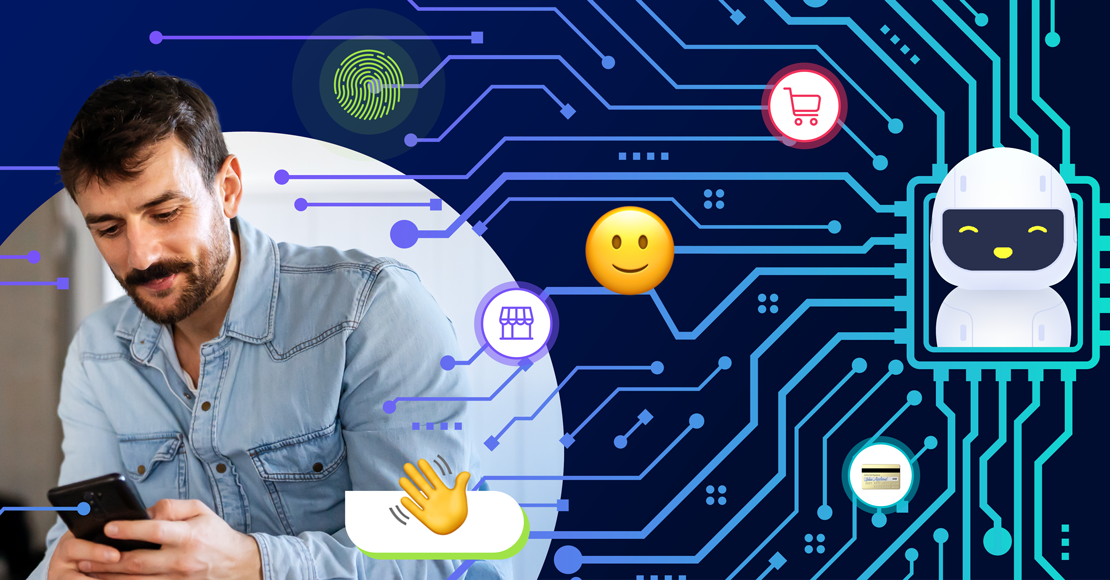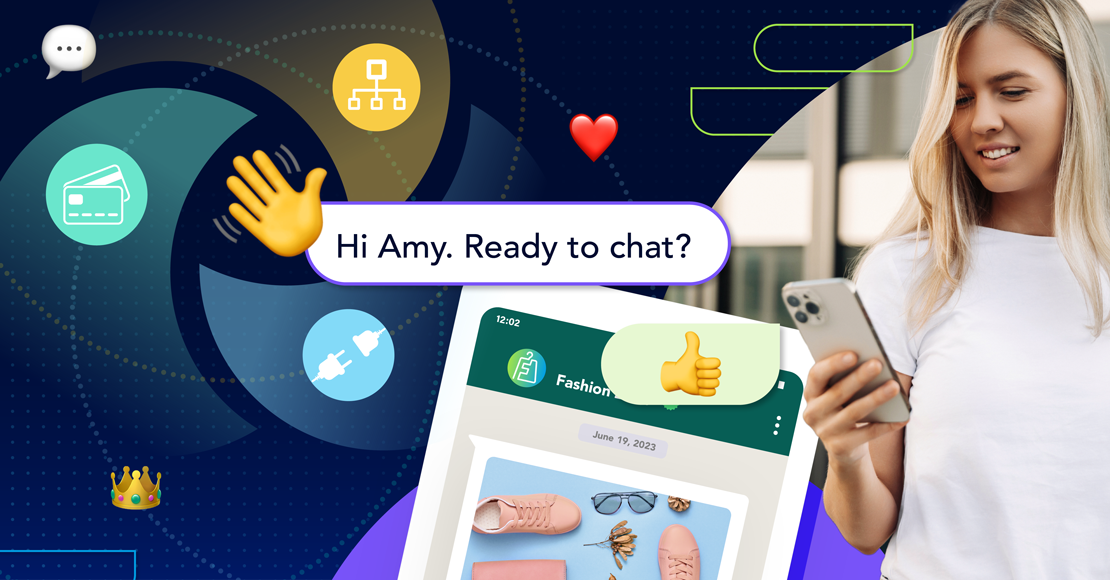
IoT Companies
In this increasingly connected world, technology has advanced in ways few could’ve predicted. The Internet has changed the landscape dramatically, shifting society, business and lives toward new paths. As with all form of progress, much gets left behind but you end up with even more being gained. One area that deserves attention is the end result of smart machines talking to each other: the Internet of Things (IoT).
Some businesses have taken the concept to heart and begun using IoT as central to their work. Let’s consider a few and see what they mean for their respective industries.
The Internet of Things and business
Everything from phones and televisions to fridges and toasters is capable of being connected to the Internet. Even devices we wouldn’t assume can benefit from online finding themselves being built precisely with that in mind. In this way, more devices are capable of connecting, leading to the Internet of Things. As Business Insider defines it:
“The IoT refers to the connection of devices (other than typical fare such as computers and smartphones) to the Internet. Cars, kitchen appliances, and even heart monitors can all be connected through the IoT. And as the Internet of Things grows in the next few years, more devices will join that list.”
One prediction in 2015 estimated that in 2016 6.4 billion connected things will be used. Naturally, this not only changes what gets manufactured but also what gets used. Businesses can find themselves changing policy or direction based on the capabilities of newly connected devices. For example, a banking app on your phone can pay for items in a store, leading to messages received on your computer. Cloud-based documents can be altered on one device (say a computer) and reflected, in real-time, on another (for example, a tablet). All of this hinges on the internet relaying data across and between devices.
To get a sense of what the IoT looks like, consider some businesses using it for their products and services.
IBM and IoT
Watson, IBM’s major computer system, is being developed with the Internet of Things in mind. It can respond in real-time to questions, for example, reaching across data streams to provide answers. While this might appear to be merely a Google search, the ability to be highly specific is key to the platform’s IoT solutions. The system will use the IoT to understand intents by interacting with users using natural language processing as well as identify reasons by applying probabilities and analytics and have the ability to learn as users interact with the system. This is only possible because of the Internet of Things.
OpenRemote
It’s not only devices benefitting from the IoT but entire cities. As OpenRemote demonstrates, everything from crowd management to adaptive lighting can be monitored and managed by their systems. Using OpenRemote Designer, for example, one lighting services company had management control over the lighting on different ski-slopes it was overseeing.
Bosch
Developing an entire IoT suite, Bosch has allowed for security and ease of access, specifically for the home. For example, you can operate a lawn mower from your phone. According to Bosch, the Indego is the first robotic lawn mower with a free GSM connection that can be operated simply and conveniently using an app. Who could’ve guessed we’ve reached a point where your phone could do your gardening?
These are just some companies with incredible applications of the IoT. As we’ve pointed out before, the Internet of Things will have a major effect on business. Seeing how much it's already affecting the world today, it’s worth finding out precisely what this means from a business standpoint for the future.
Explore other articles
Step into the future of business messaging.
SMS and two-way channels, automation, call center integration, payments - do it all with Clickatell's Chat Commerce platform.








